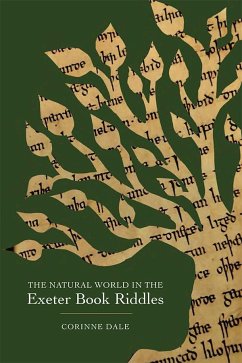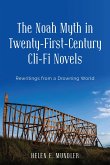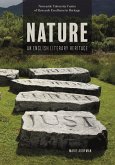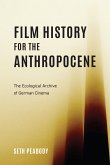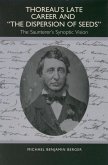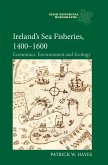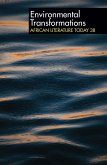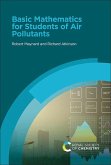Humanity is a dominant presence in the Exeter Book riddle collection. It is frequently shown using, shaping, binding and ingesting the physical world in which it lives. The riddles depict master and craftsman and use the familiarhuman world as a point of orientation within a vast, overwhelming cosmos. But the riddles also offer an eco-centric perspective, one that considers the natural origins of man-made products and the personal plight of useful human resources. This study offers fresh insights into the collection, investigating humanity's interaction with, and attitudes towards, the rest of the created world. Drawing on the principles of eco-criticism and eco-theology, the study considers the cultural and biblical influences on the depiction of nature in the collection, arguing that the texts engage with post-lapsarian issues of exploitation, suffering and mastery. Depictions of marginalised perspectives of sentient and non-sentient beings, such as trees, ore and oxen, are not just characteristic of the riddle genre, but are actively used to explore the point of view of the natural world and the impact humanity has on itsnon-human inhabitants. The author not only explores the riddles' resistance to anthropocentrism, but challenges our own tendency to read these enigmas from a human-centred perspective. Corinne Dale gained her PhD from Royal Holloway, University of London.
Hinweis: Dieser Artikel kann nur an eine deutsche Lieferadresse ausgeliefert werden.
Hinweis: Dieser Artikel kann nur an eine deutsche Lieferadresse ausgeliefert werden.

